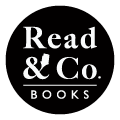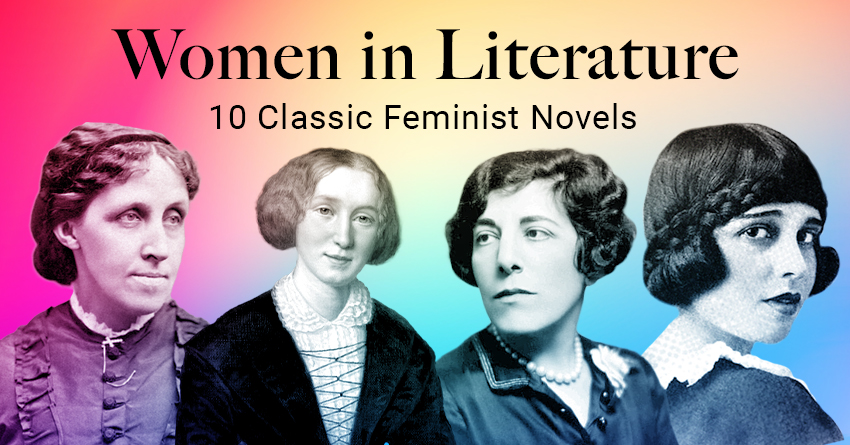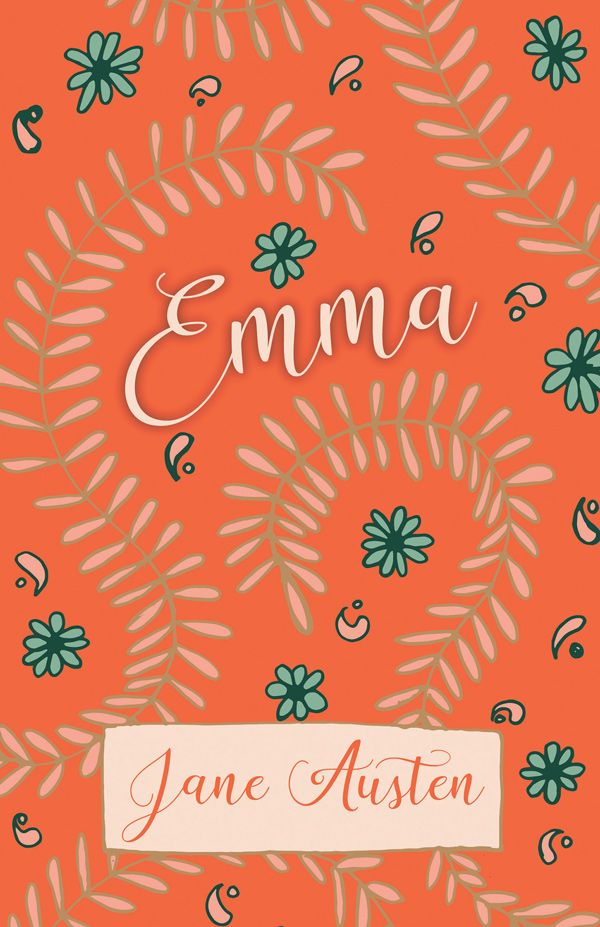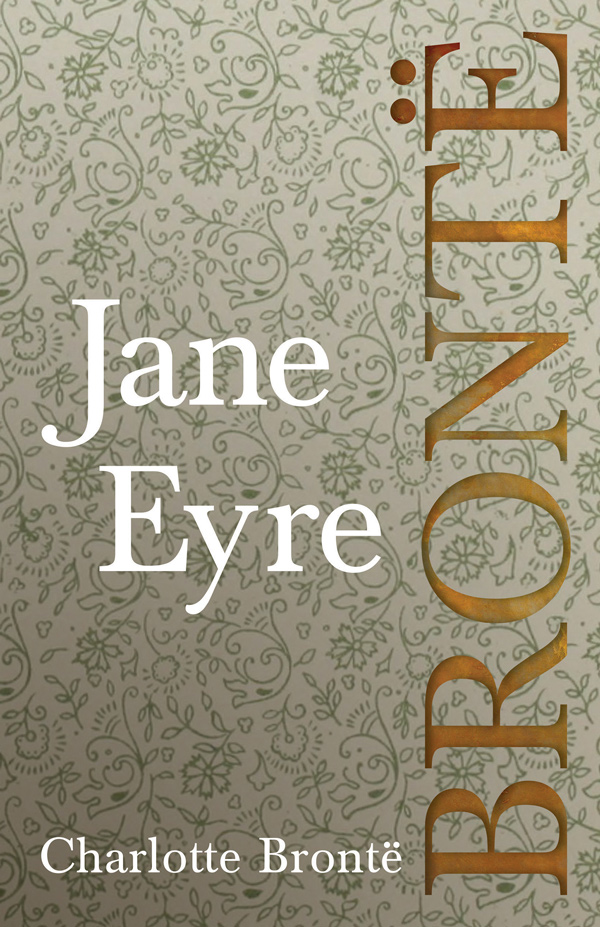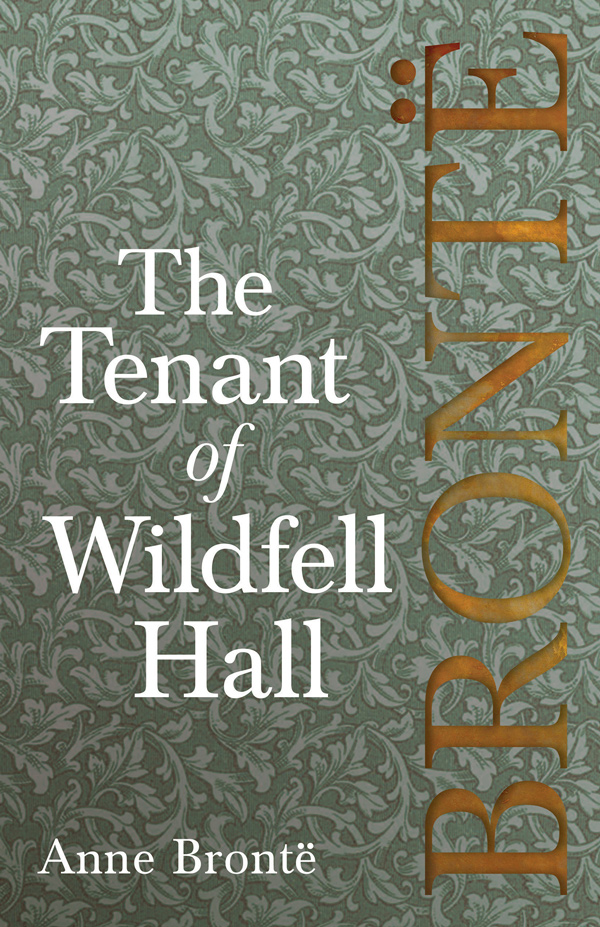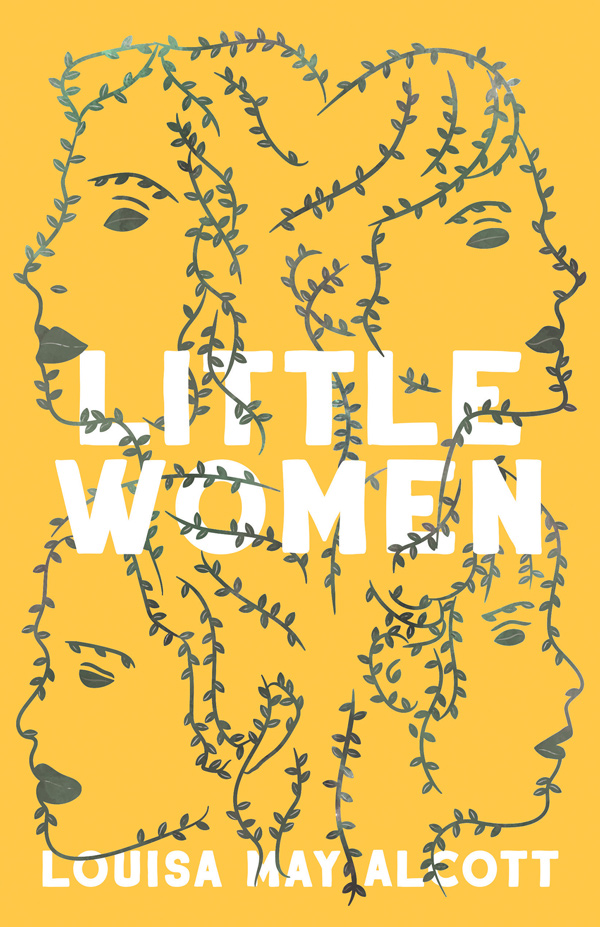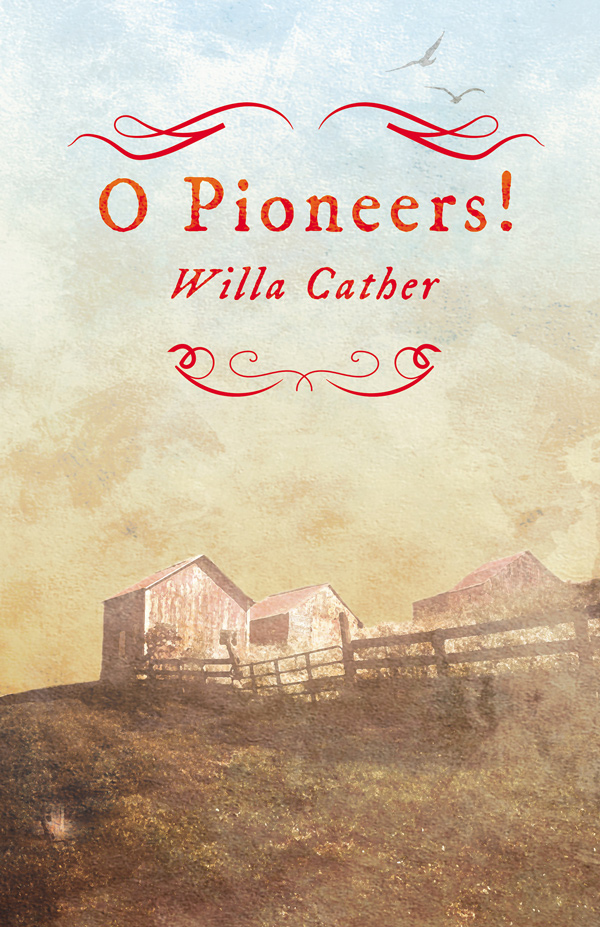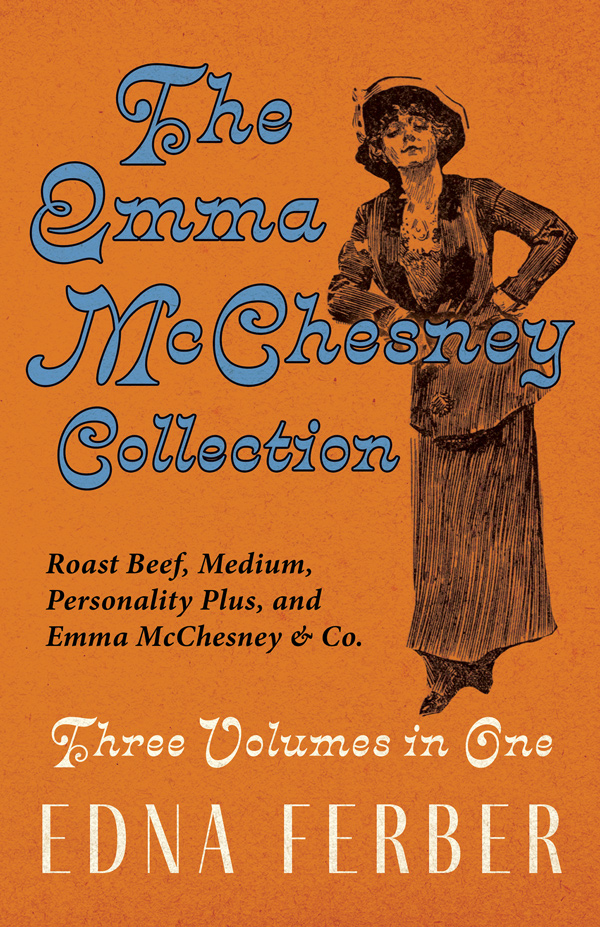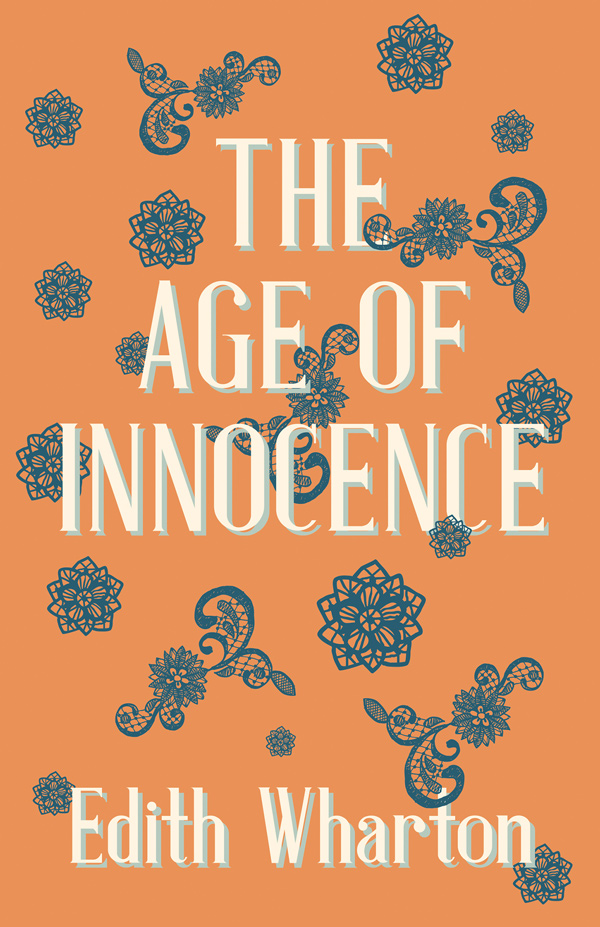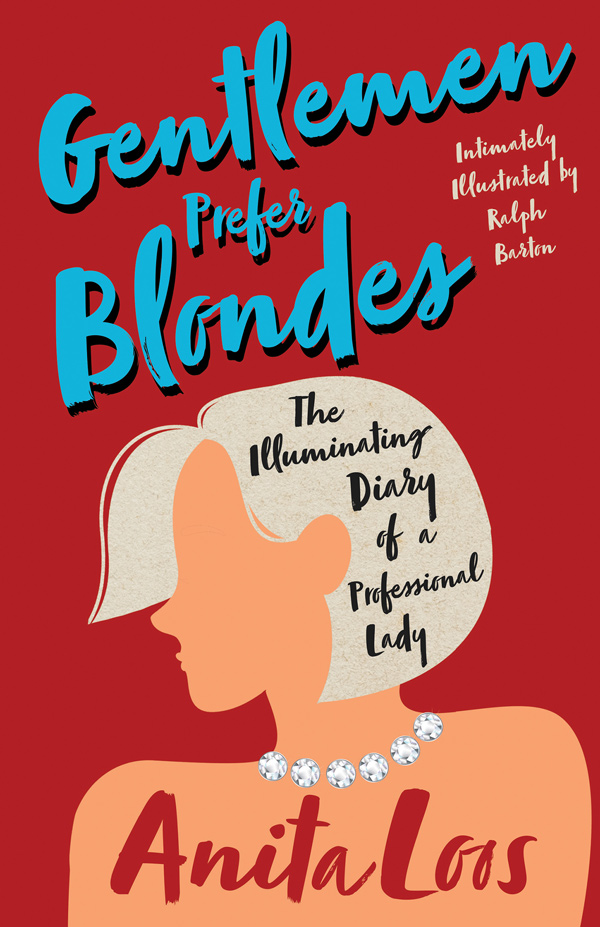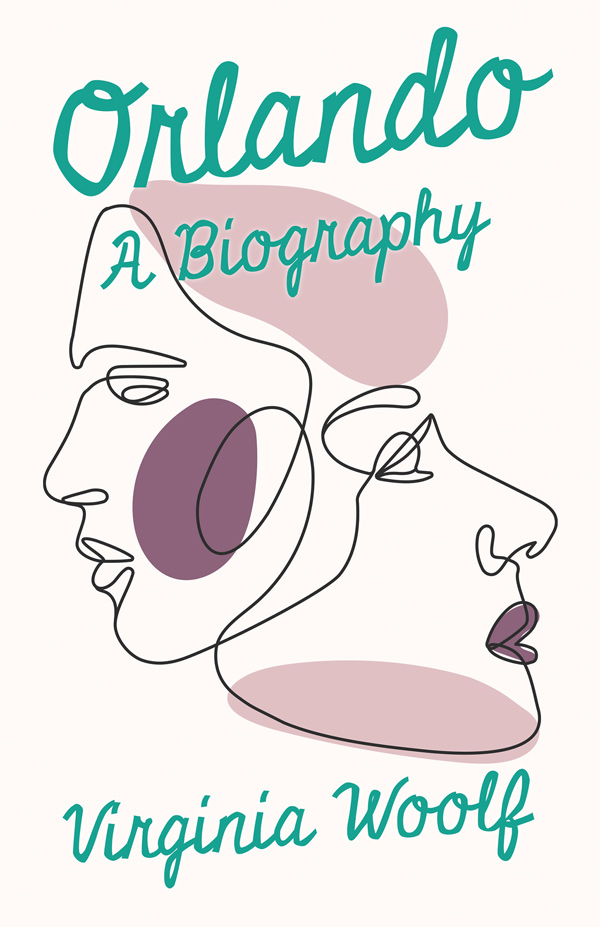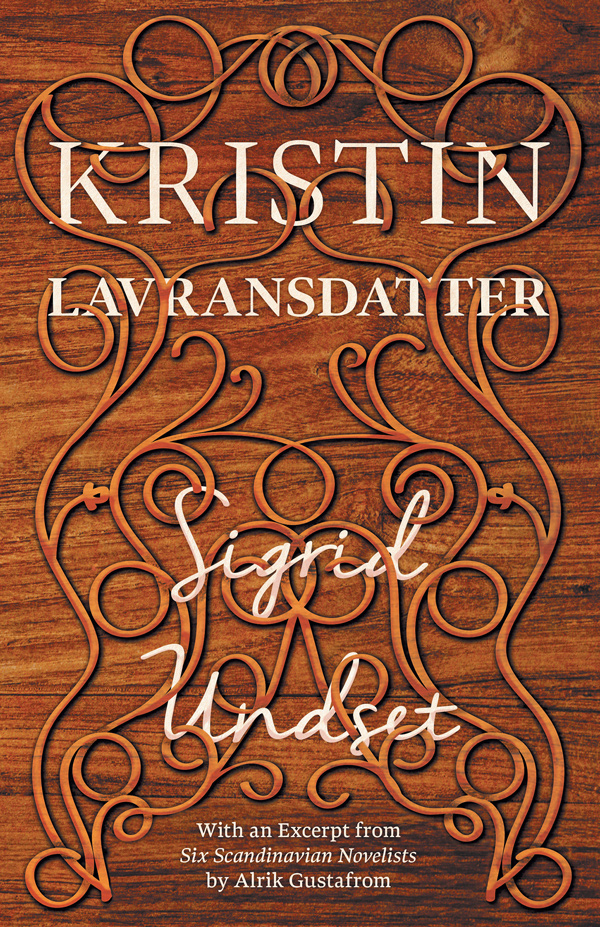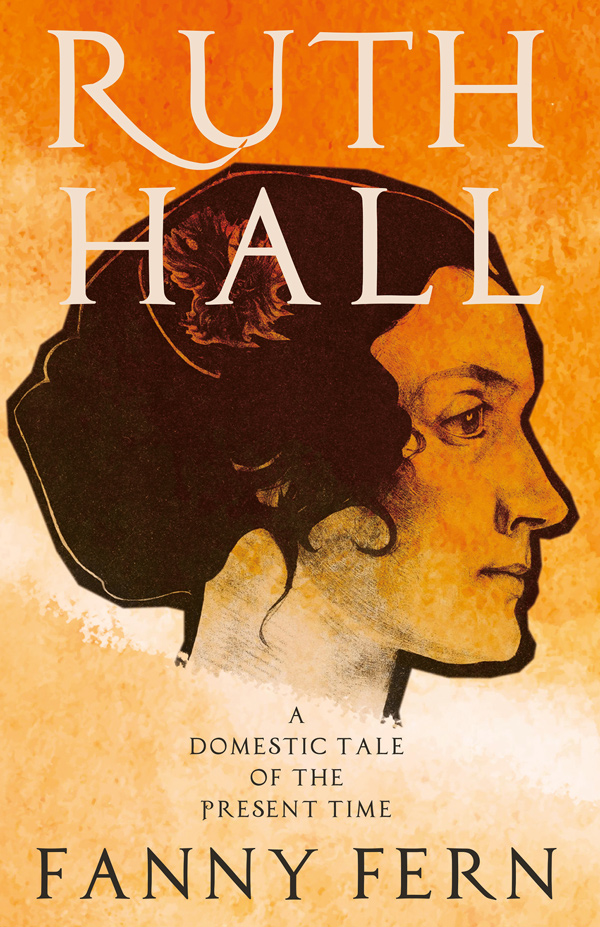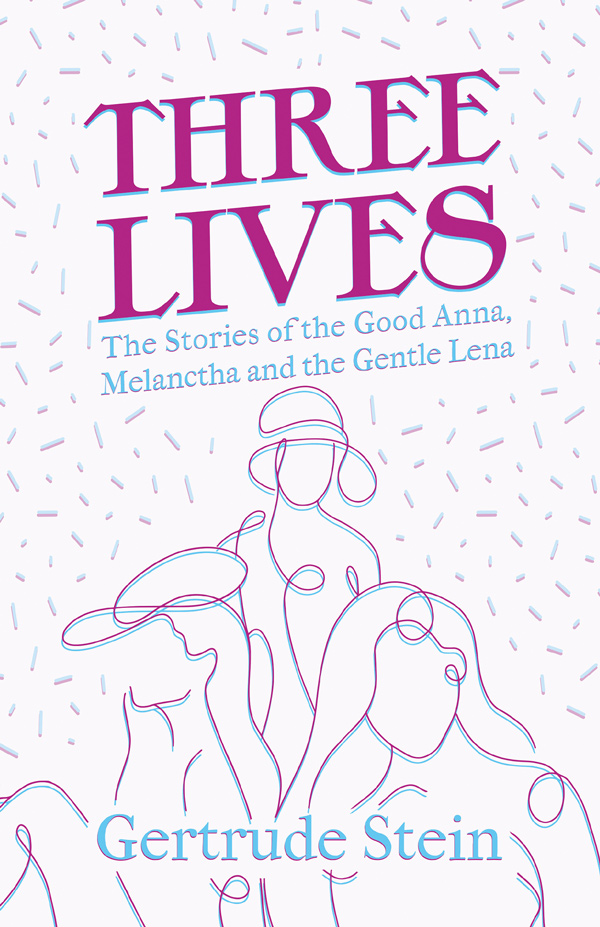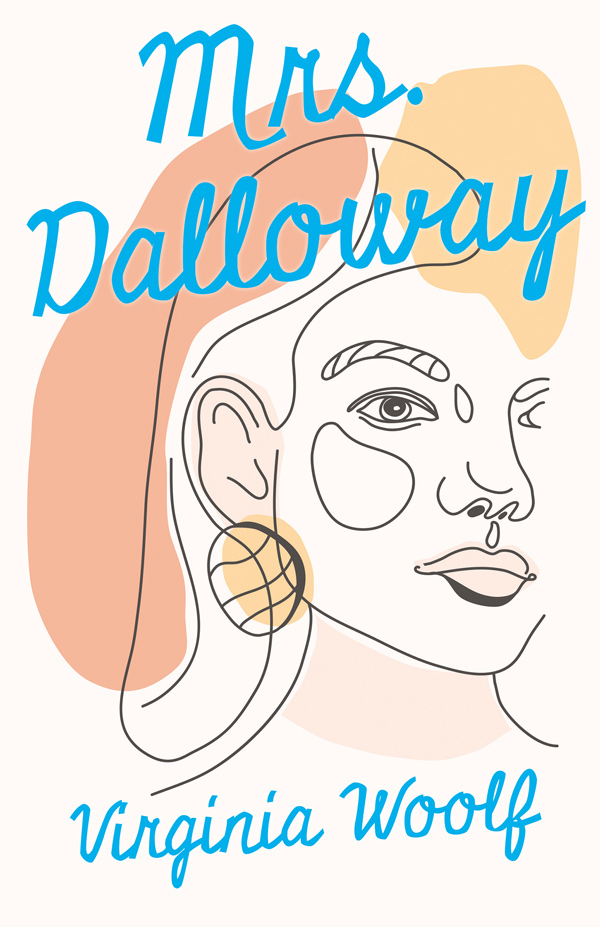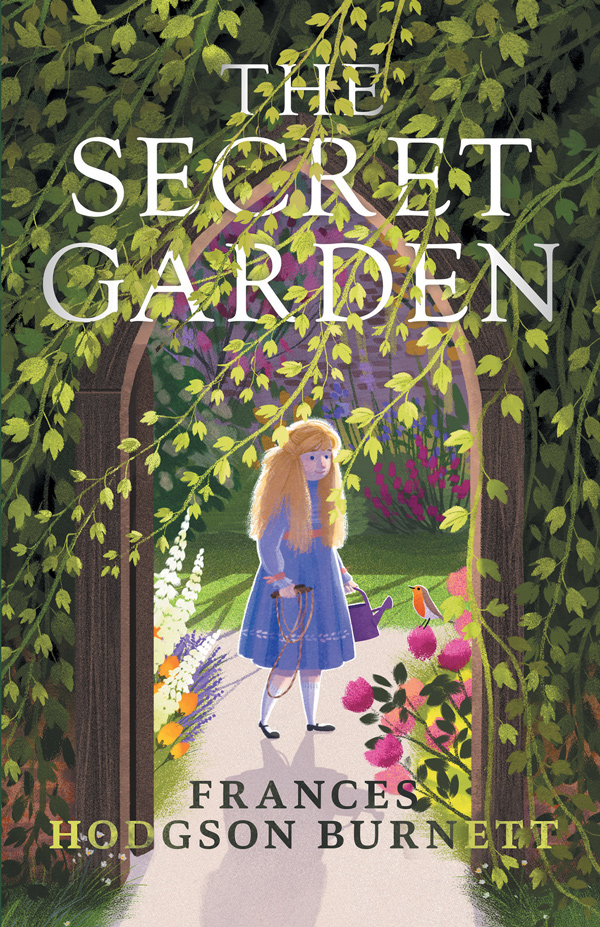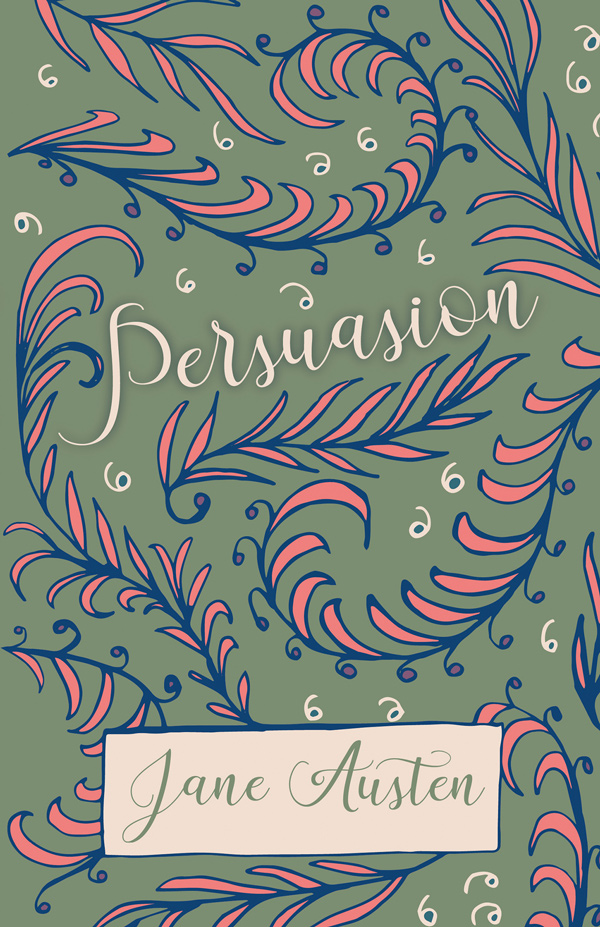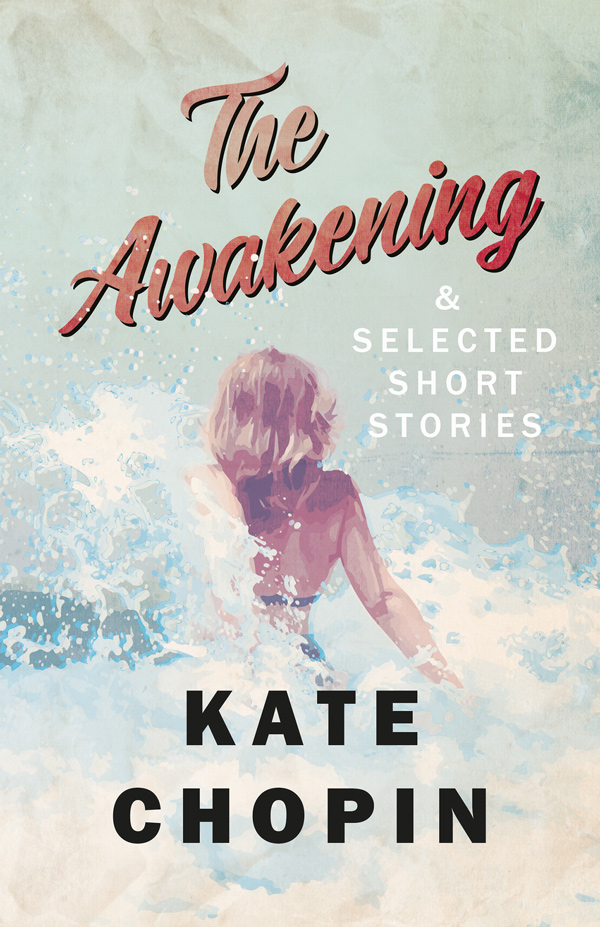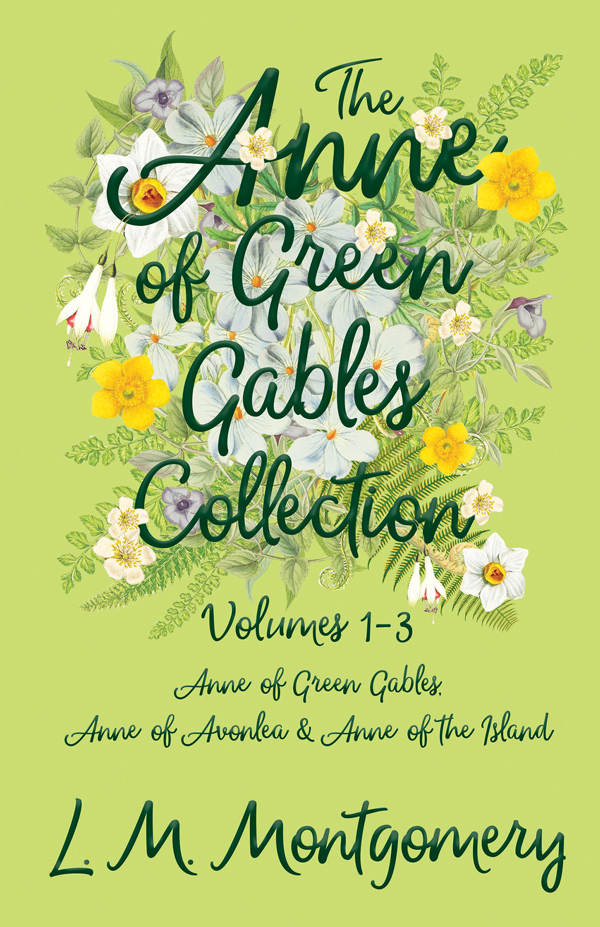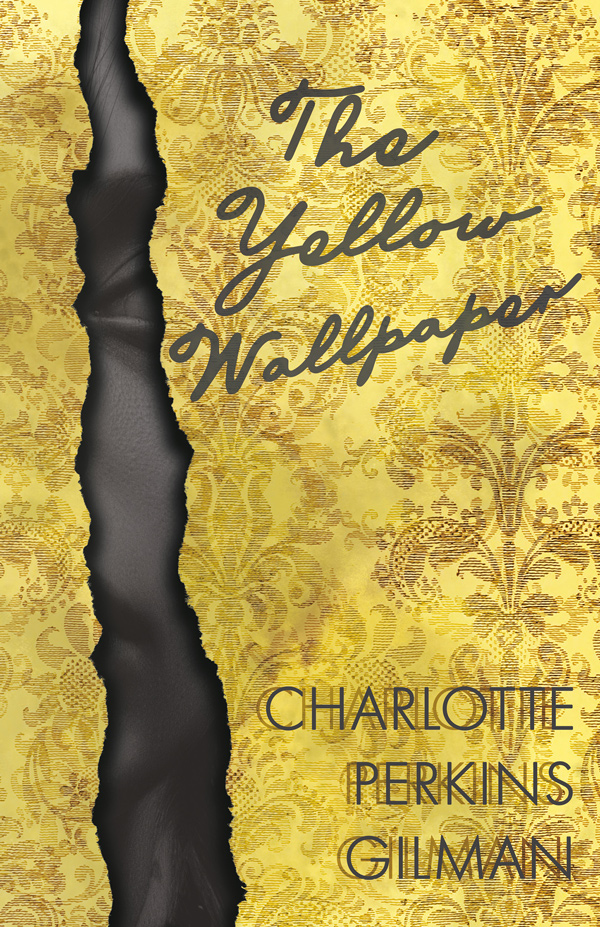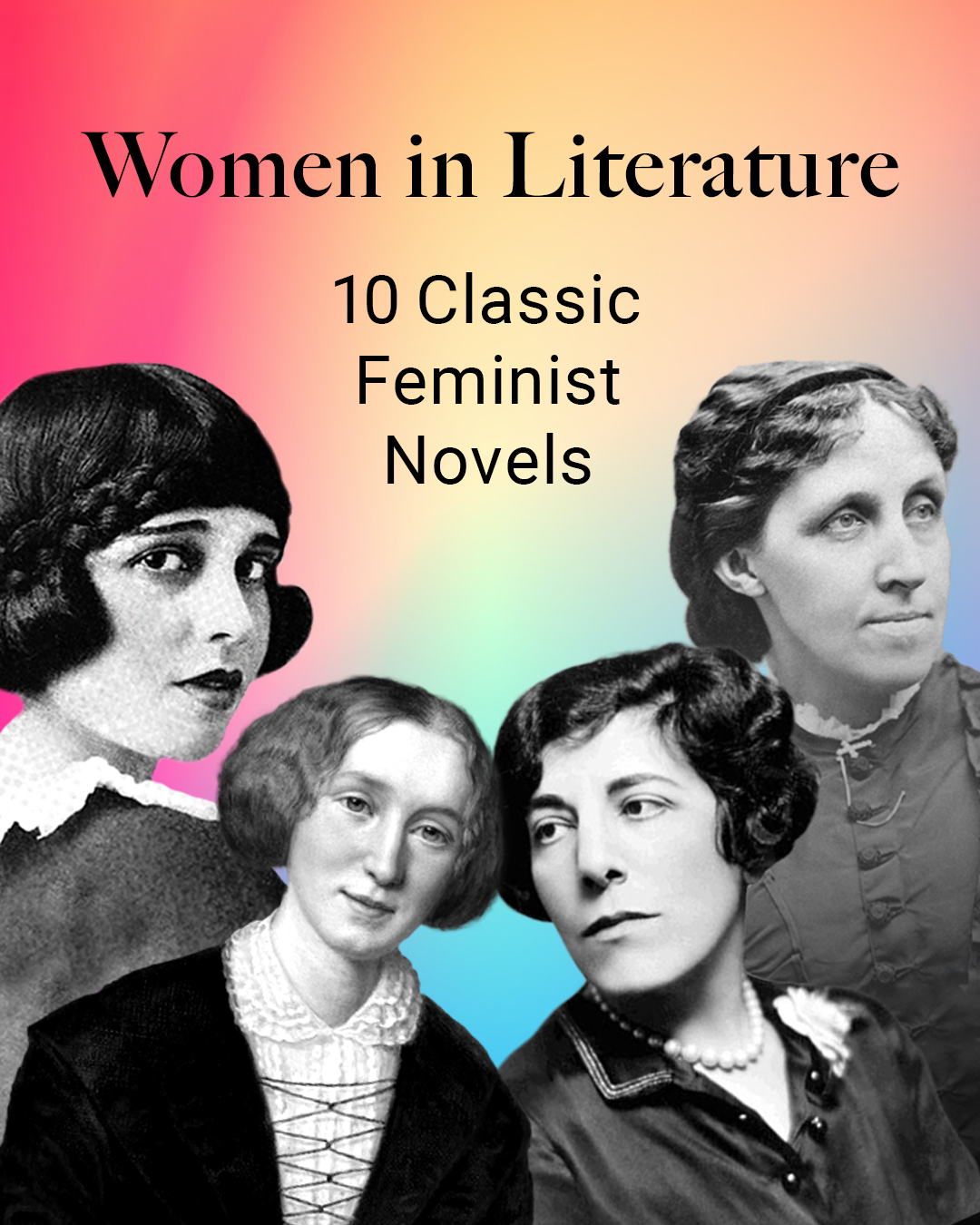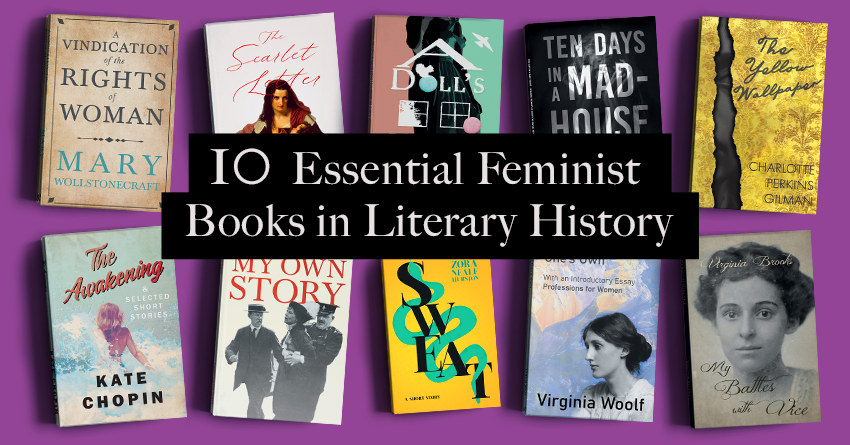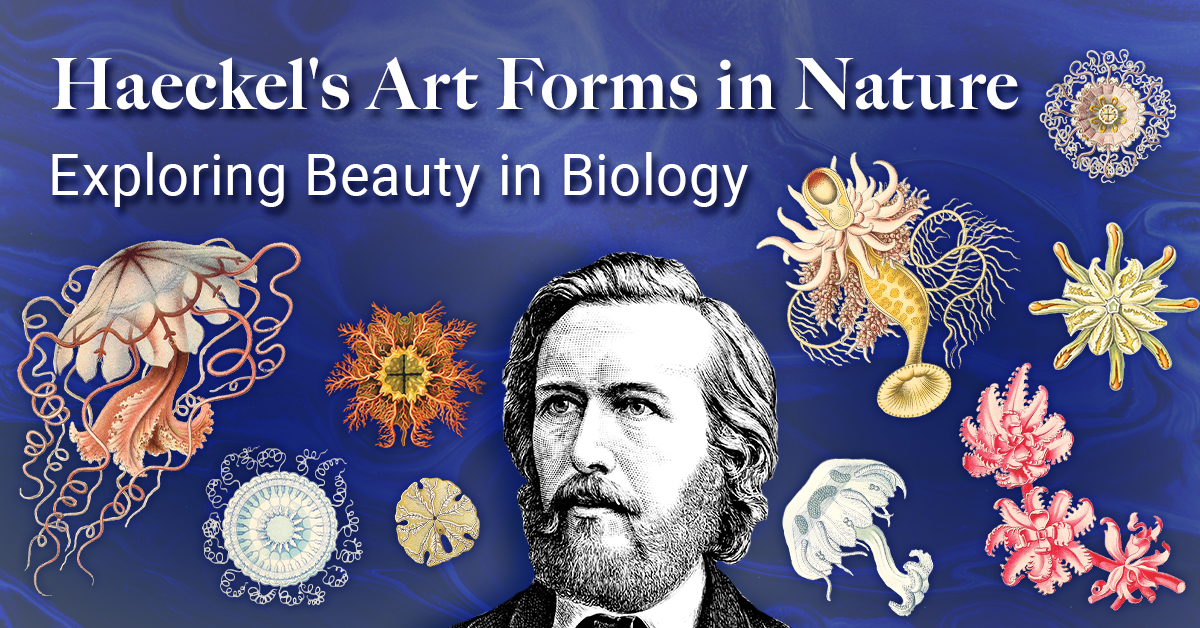The history of the classic feminist novel is centred around women writing about women. At a time when female voices were scarcely heard, many women writers were quietly paving the way for modern feminism, using their literature as a platform.
Classic novels written by women often address themes of gender, critiquing and challenging societal norms. In a celebration of the brilliant female authors of the past, we’ve collated a list of our top ten classic feminist novels. Serving as a reminder that women have been breaking barriers and reclaiming their voices for centuries, the works of these pioneering female authors provide powerful insight into the history of feminism and women’s fight for equality.
Presented in order of publication, this list is brimming with unforgettable stories by unforgettable women.
Our Top 10 Inspiring Classic Feminist Novels
Emma (1815)
Jane Austen’s witty masterpiece, Emma, is a delightful comedy that critiques the pressured lives of Georgian-Regency women. While many Austen novels can now be considered feminist works, Austen’s brilliantly written Emma Woodhouse stands out as a unique female protagonist. She is independent and sharp-minded and often stubbornly determined to help those around her, even if it means meddling in their personal romantic lives. Through a biting critique of societal expectations within upper-class social circles, Austen’s charming work highlights the value of self-awareness, intelligence, and compassion from a feminist standpoint.
Jane Eyre (1847)
Any list of classic feminist novels would not be complete without mentioning the prolific Brontë sisters. Charlotte, Emily, and Anne presented some of the first feminist characterisations in literature, and Charlotte’s Jane Eyre is a prime example of feminist literary work. With a focus on independence, wisdom, equality, and resilience, the novel rejects the Victorian era’s picturesque femme fatale and instead centres on a strong-minded protagonist.
‘I am no bird; and no net ensnares me: I am a free human being with an independent will’
The Tenant of Wildfell Hall (1848)
Anne Brontë’s The Tenant of Wildfell Hall also defies the image of a submissive and conforming woman. Helen Graham escapes an abusive marriage with her small child and embarks on a fearless journey of self-discovery and romance. Deemed controversial upon publication, the story deals with feminist themes like domestic abuse, female autonomy, and the right to free will and happiness. Interestingly, her own sister, Charlotte, commented on the novel after Anne’s death, telling her publisher, ‘it hardly appears desirable to preserve’ because the ‘choice of subject in [the] work is a mistake’.
In the preface to the second publication, Anne hit back at critics stating that the work was an authentic representation of the truth, in an honest and unflinching portrayal of life and its often-vicious outcomes. Challenging social norms with strong feminist ideals, she offers profound perspectives, often questioning the status quo.
If you like the sound of the Brontë sisters’ work, you should also take a look at Emily Brontë‘s remarkable gothic novel Wuthering Heights (1847).
Little Women (1868)
Louisa May Alcott’s Little Women is an inspiring story of family, love, and sisterhood that has survived the test of time. Chronicling the lives of four sisters and their transition from childhood to womanhood, Alcott’s charming story gives insight into the hardships and stereotypes women faced in the 1800s. This novel explores the sisters’ aspirations and talents at a time when they are expected to abide by traditional ideals of marriage and motherhood in a patriarchal society, in a brilliant celebration of their individuality as young women carving their own paths.
‘(…) marriage, they say, halves one’s rights and doubles one’s duties.’
Middlemarch (1871)
George Eliot, the pen name of Mary Ann Evans, is another author who contributed significantly to women’s representation in literature. Her groundbreaking work Middlemarch sheds light on the constriction of women’s lives in nineteenth-century England, particularly regarding marriage, individual fulfilment, and social reform. The volume weaves together the tales of Dorothea Brooke, a young woman in a disastrous marriage, Bulstrode, who’s trying to escape his scandalous past, and Dr Lydgate, who’s struggling to balance his married life with his failing career. Dealing with a variety of themes and issues, Eliot explores religion, education, and the status of women. Although published to mixed reviews, it’s now widely considered one of the greatest feminist novels ever written.
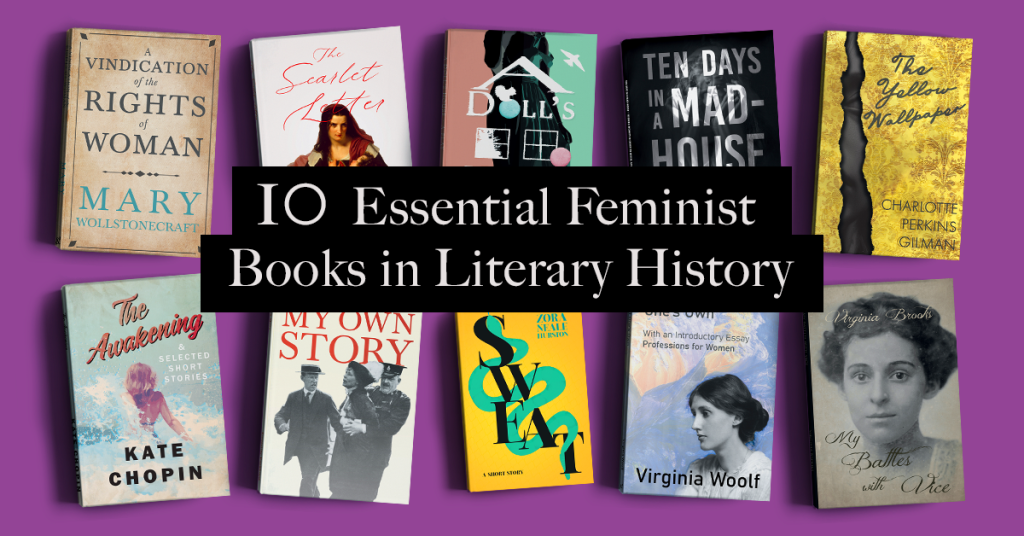
O Pioneers! (1913)
This classic feminist novel captures what it meant to be an immigrant in early twentieth-century America. Cather successfully re-wrote the American female narrative through the lens of the frontier woman, breathing fresh life into the well-told pioneer chronicle. The story focuses on a bold, independent woman who dominates a rugged landscape and outperforms her male counterparts. Headstrong and iron-willed, Alexandra Bergson is devoted to securing success for her loved ones after inheriting the family farm. Her pioneering spirit reflects the struggles of women in the American frontier through a prominently feminist representation of female strength and persistence.
‘People have to snatch at happiness when they can, in this world. It is always easier to lose than to find’
The Emma McChesney Collection (1913–1915)
Edna Ferber’s Emma McChesney series follows the life of a determined and self-sufficient saleswoman who challenges gender norms. Having just gone through a bitter divorce, Emma is single-handedly looking after her son while balancing her busy career. This complete collection of Ferber’s series subverts expectations for a single mother in the early 1900s, presenting Emma as a witty, successful businesswoman. Headstrong and excelling in the life she has made for herself, Ferber’s titular character thrives in this feminist riot of a trilogy. Discover our collection of all three novels: Roast Beef, Medium (1913), Personality Plus (1914), and Emma McChesney & Co. (1915).
The Age of Innocence (1920)
In 1921, Edith Wharton became the first woman to win the Pulitzer Prize for Fiction for The Age of Innocence. Set in the 1870s in New York City, this classic feminist novel is a social critique of the upper classes and the institution of marriage. Centring on the marriage of two upper-class socialites, the introduction of the bride-to-be’s cousin brings scandal into their lives, placing their pending nuptials and future happiness in jeopardy. Exploring themes of autonomy, self-fulfilment, and social expectations from a female perspective, Wharton’s brilliant novel draws from her own personal experience in America’s privileged classes with astute wit and a mastery of language.
‘“Women ought to be free – as free as we are,” he declared, making a discovery of which he was too irritated to measure the terrific consequences.’
Gentlemen Prefer Blondes (1925)
Anita Loos’ satirical novel Gentlemen Prefer Blondes follows the adventures of a self-serving flapper, Lorelai Lee, who marries for money to fund her extravagant lifestyle. The fiery blonde protagonist epitomises the newly independent woman of the 1920s: wearing tight clothes, keeping her hair short, and smoking in public. The work questions the dual motivation of men who pursue women for their beauty and women who pursue men for their money, revealing the hypocrisy and commodification behind social relationships. This fierce rejection of the societal expectations that still laid claim to women at the beginning of the twentieth century defines Loos’ novel as a charmingly outrageous symbol of femininity.
Orlando (1928)
Last but by no means least, Orlando is one of Virginia Woolf’s most-celebrated works. Her 1928 novel is a cornerstone in feminist literature, delving into the complexities of identity and self-discovery. Often marked as the first literary text to explore transgender characters, the tale follows the titular character over a period of 300 years as he miraculously transforms from a man into a woman. Challenging traditional gender roles and dismissing societal expectations, this classic feminist novel stands up to the idea of gender binaries and the constraints of the patriarchy.
Woolf is widely hailed as having been key to the first wave of feminism, and she has influenced many pioneering women writers. While working on Orlando in 1927, Woolf wrote in her diary that ‘the balance between truth and fantasy must be careful. It is based on Vita.’ The author was openly bisexual and in a relationship with Vita Sackville-West, a fellow novelist and successful poet, for almost 20 years. Sackville-West’s son described the novel as ‘the longest and most charming love letter in literature’, and the influential work is a testament to the women’s passionate relationship.
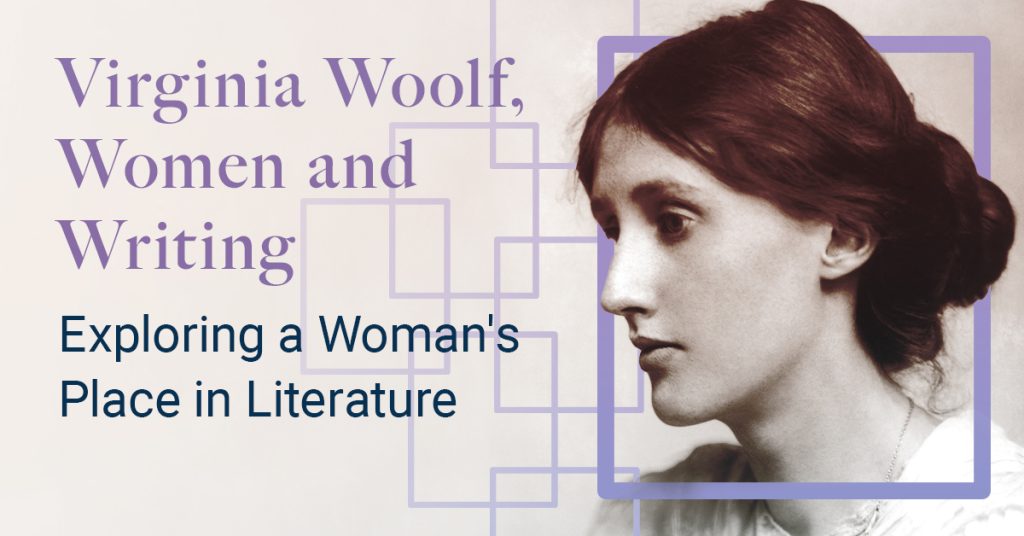
Liked our classic feminist novels list? Say it with a pin
